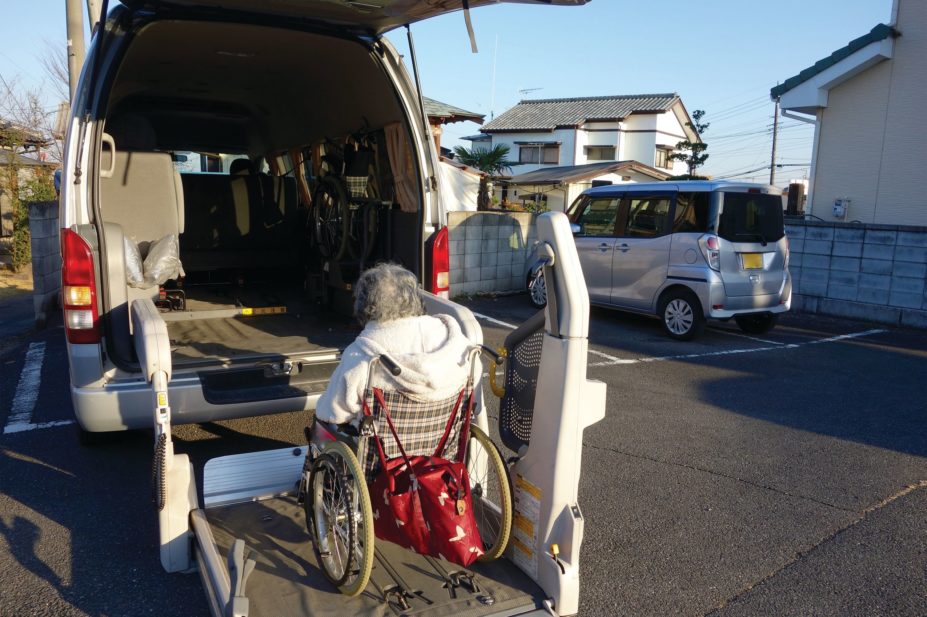
Shutterstock.com
The RPS in Scotland has expressed concern at the lack of a “clear policy” on the care of patients transferring between healthcare settings, and says that pharmacist expertise should be at the core of such a policy.
Responding to the Scottish Health and Sport Committee’s inquiry into ‘NHS Governance – Creating a culture of improvement’, the Society said that “between 30% and 70% of patients will have either an error or an unintentional change to their medicines when their care is transferred”. These prescribing errors could be reduced, the response goes on to say, by placing pharmacists in clinical roles within multidisciplinary teams: “It is imperative that there is pharmacist input at both strategic and operational levels within any new integrated health and social care structure”.
The response also says that pharmacist expertise must be made more widely available to healthcare staff across the sectors. “Traditionally, pharmacists have been the safety net for prescribing errors”, the Society says, “but they have an important role further upstream to ensure safe systems are in place” — particularly around managing patients taking multiple medications, as is the case for more than half of patients over the age of 70.
Elsewhere in the response, the Society also flags up the fact that pharmacists still do not have access to the emergency care summary, despite this being promised for community pharmacists in 2014. This, the response says, is “now an urgent patient safety concern and one which has been raised by the RPS, the Primary Care Collaborative and within the Caldicott Review”.
The full response can be read here.
You may also be interested in
Long service of members

Membership fees 2022
